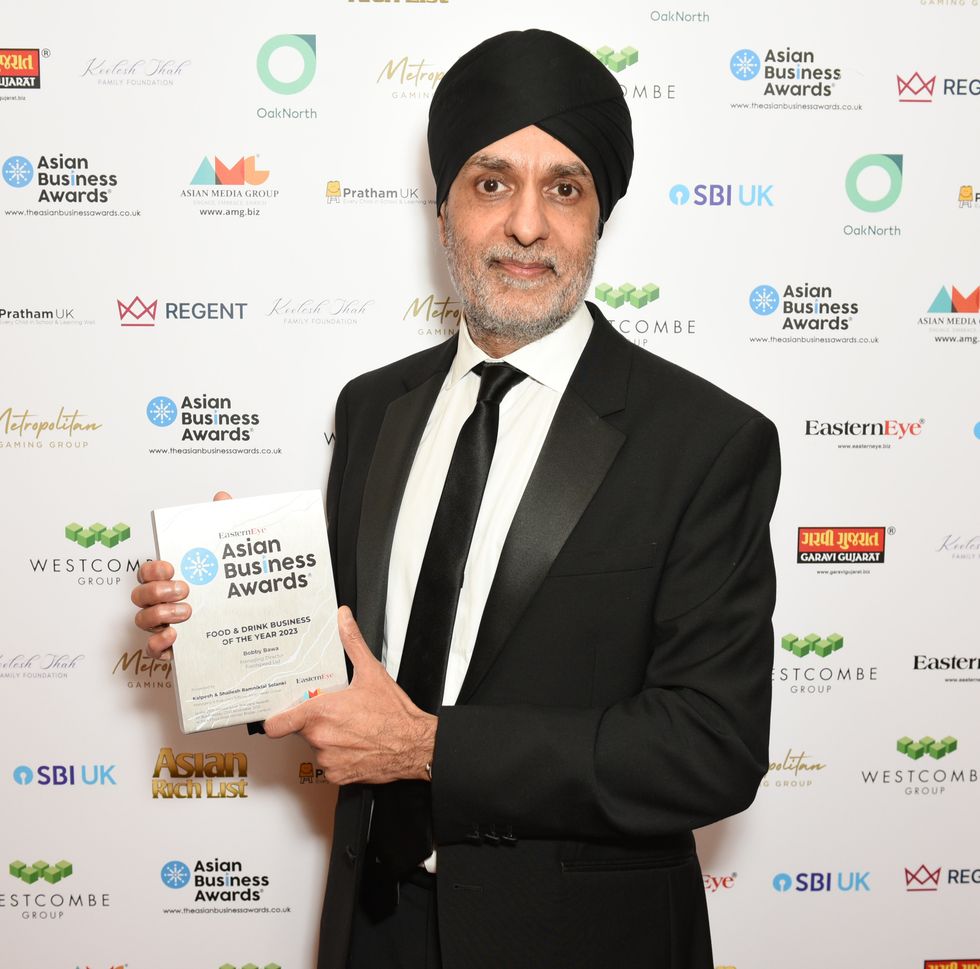An “India-UK Free Trade Agreement” is the best way to get around the problems caused by Brexit, it was suggested last week by the Confederation of Indian Industry (CII).
The CII sends a senior delegation, consisting of heavyweight captains of industry, to London every summer to hold a summit and review the bilateral relationship.
This year’s gathering had the theme, “The Future of UK-India Economic Relations”, but what was meant to be a routine affair assumed great importance because of Britain’s decision to leave the European Union.
India is the third biggest investor in Britain. Some 800 firms have invested in the UK, many with the hope of using their British base as a launchpad for Europe.
In fact, India invests more in Britain than in the rest of the EU combined. And of the G20 countries, Britain is the biggest investor in India.
At the summit, Chandrajit Banerjee and Dr Naushad Forbes, the CII’s director general and president respectively, both pushed for an India-UK Free Trade Agreement in their public speeches.
With Europe, an India-EU Free Trade Agreement has not been possible despite nine years of exhausting negotiations. The CII thinks the task might be slightly easier with Britain.
“The Free Trade Agreement is on CII’s wish list,” said Banerjee. Such a treaty is not yet Indian government policy.
“The CII is talking to the Indian government and the CII would like the Indian govt to take it up,” Banerjee went on.
“It is something we would like – it’s an agenda we would like to push through. It’s something we would recommend, it is something we think would be in the interests of both the countries, it’s something we would obviously like.”
The Indian high commissioner in London, Navtej Sarna, who has obviously not been briefed by prime minister Narendra Modi on this issue, kept his counsel, remarking: “A diplomat is someone who thinks twice about something – and says nothing.”
Sir Dominic Asquith, the British high commissioner in Delhi, responded enthusiastically when asked what he thought about an India-UK Treaty. “While we are looking at the future relationship between the UK and the EU, we have to wait and see,” he said.
“But, yes, it makes huge sense to look at how we can further strengthen trade relations and the agreement between us and India.”
The CII president elect, Shobana Kamineni, said any agreement on free trade between India and the UK would requite “parity”.
The mood of the CII conference was remarkably optimistic. As one door has closed, another has opened – British businessmen were told that India’s GDP would grow by at least 7.5 per cent for the next 25 years and provide them with many opportunities for investment, especially in infrastructure.
The CBI’s long-time adviser in India, Mark Runacres, a former diplomat at the British High Commission in Delhi, said he felt he had been right to prophesy many years ago: “For Britain the most important relationship in the years to come will be with India.”





 Bobby Bawa
Bobby Bawa













